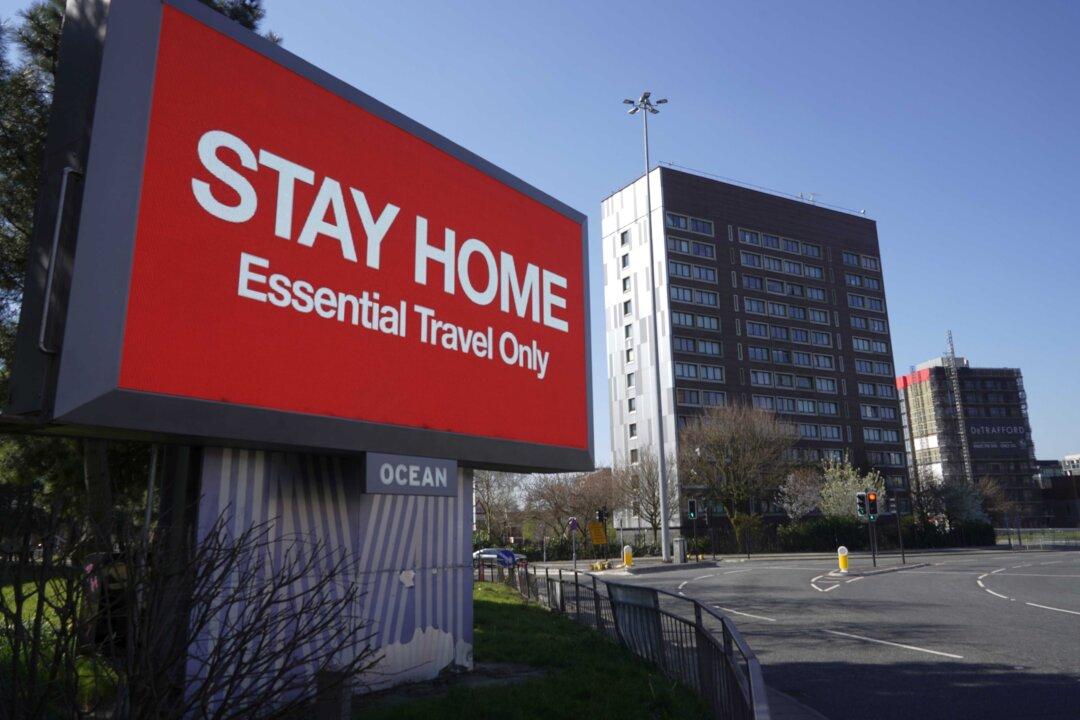MPs have criticised the COVID Inquiry for being heavily weighted towards organisations and individuals that advocated for earlier or harder lockdowns.
A group of 21 MPs and peers have voiced their concerns in a letter to the inquiry chairman that it is “surprising” that there appears to be no representation of the many families bereaved because of the impact of lockdowns.





